Self and Community Care in the Age of a Pandemic
It feels as like an eternity has past since I last wrote a post. Like most of you, I have spent March and April 2020 so far in quarantine due to COVID-19, disconnected from the unacknowledged pleasures that make my life recognizable as my own. I have relied on my most comforting routines during this time, those that are decades old for me, including walking or running daily, meditation and yoga daily, an online pilates class at least every other day, and reading from a spiritual text. Surprisingly, many of the creature comforts I have grown accustomed to beyond these seem unimportant after all. I also take care to eat as cleanly as possible, and take vitamin and nutritional supplements daily. All this is like my default mode, demonstrating a deep commitment to prioritizing my wellbeing. This commitment began when I experienced burnout for the first time as a classroom teacher at 22 years old. Today I am more grateful than I can remember for cultivating such habits of self-care, particularly after having recovered from moderate flu-like symptoms in the age of a pandemic.
As the story goes, on March 13 my spring break from The Dalton School officially began. I was scheduled to depart for Los Angeles for a few weeks but made a decision to cancel my flight a mere three hours before, thanks to my sister’s caution. We sensed the likelihood of cancelled acting engagements and reduced family time which I had planned the entire trip for. We also feared that an imminent travel ban could make my return trip back to New York impossible. The very next day I woke with a fever of 101.3 degrees and body aches and chills. And on March 14, getting a test for Coronavirus with only mild to moderate flu symptoms was not an option in New York City.
Being ill during this unprecedented time was a revelation. Not your average “sick day” spent in bed. You should also know that I haven’t been sick for like 8 years. Teaching yoga to children and adolescents on squishy yoga mats that absorb every germy organism imaginable for a decade has made me immune to EVERY predictable THING. Believe me. So though tests were not available for someone like me at the time because my symptoms were not severe enough, my “guesstimation” is that I would have tested positive for Coronavirus. Two key lingering symptoms including a prolonged loss of smell and taste (which I still suffer from partly) could affirm my hypothesis as well.
In any case, I got well because of my community. My loved ones checked on me daily. One set of neighbors brought me a thermometer, another brought me chicken soup, which I actually ate with deep gratitude mixed with weird guilt and later a stomach ache because I became a plant-based eater in January. Two other neighbors checked in and insisted on buying me groceries. Soon I was receiving text alerts from the state of New York with updates, gentle reminders and helpful resources and warnings for New Yorkers. Add to that the consistent stream of messages from friends new and old whose locations literally wrap around the globe made me remember something important: the size of our world becomes exceedingly smaller when one feels connected to and cared for by people from one side of it to another. The way folks showed up for me and I for them since… I am struck by the profound well of collective care that under “normal” circumstances goes completely untapped by our human family. Gone is the collective paranoia over the pretense of “scarce resources.” How tragic that last part, yet eye-opening.
The widespread allyship being demonstrated (though admittedly not necessarily by everyone for everyone) provokes a nagging question in me: will we go back to our trance-like business as usual selves when we arrive on the other side of this pandemic? How quickly might we forget that we are all family, and dependent on one another, whether we see it that way or not? Yet even with these all too realistic suspicions, I am filled with hope. Replete with a powerful sense of what’s possible if we all water the seeds of awareness that seem to be growing in our cities and global community, I dare us to be transformed into more liberated versions of ourselves. There is no denying now that we are only as healthy and free as the most vulnerable among us. If in doubt, please prepare yourself to bear witness to the forthcoming statistical data that will make plain the disproportionate number of black and brown lives that COVID-19 will soon claim. The heat of rage smolders in me in advance from the nauseating redundancy of this systemically oppressive fact: black and brown lives do not actually matter much at all.
To avoid the great cliche of a return to apathy, disconnection and business as usual, ask yourself and everyone you know: what role are you going to play during this pandemic? What will you tell your grandchildren? What are you doing now to ensure that the most unprotected among us finally get access to resources? What actions will you take to ensure that the most competent and compassionate leaders get elected so that proactive, intelligent and robust legislation and policy can make social justice for all a more realistic possibility?

